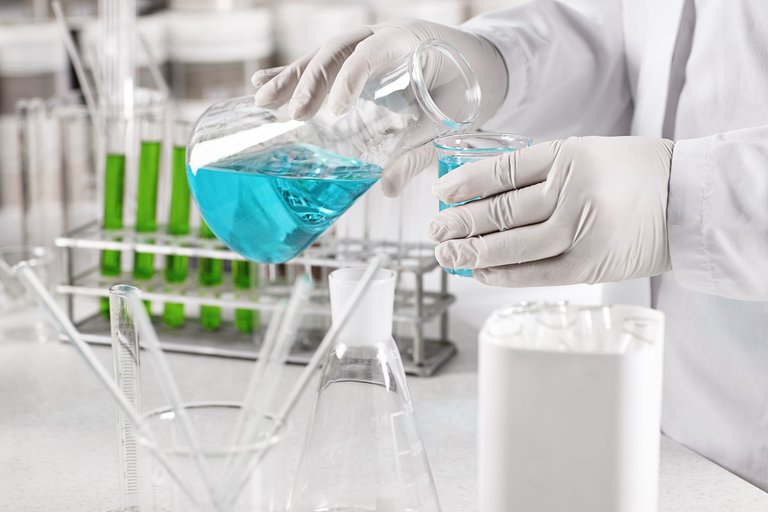LeoGlossary: Science

Science is the systematic study of the structure and behavior of the physical and natural world through observation, experimentation, and evidence-based reasoning. The scientific method involves the formulation and testing of hypotheses, which are used to make predictions and explain phenomena. Science is divided into various branches, including natural sciences, which study the natural world, and social sciences, which study human behavior and society.
The scientific method
- Observation: scientists make observations about the world around them, often using senses such as sight, sound, touch, taste, and smell.
- Hypothesis: Scientists formulate hypotheses, or educated guesses, to explain the phenomena they have observed.
- Prediction: Scientists use their hypotheses to make predictions about the behavior of the phenomena they are studying.
- Experimentation: Scientists design and conduct experiments to test their hypotheses and gather more data.
- Analysis: Scientists analyze the data they have collected to determine whether their hypothesis is supported.
- Conclusion: Scientists draw conclusions based on their analysis, which may support or refute their original hypothesis.
- Replication: Scientists repeat the process of observation, hypothesis, prediction, experimentation, analysis, and conclusion to verify their findings and ensure that they are reliable.
Science is a continually evolving field, and new discoveries often lead to changes in our understanding of the world. However, the scientific method provides a framework for ensuring that scientific knowledge is reliable, accurate, and objective.
Understanding Science:
Science is a multifaceted way of understanding the world around us. It's not just a collection of facts, but rather a systematic process for uncovering truths about the universe. Here's how to think about it:
1. Curiosity and Observation: It all starts with curiosity, the drive to ask questions about how things work. Scientists meticulously observe the world, using senses and instruments to gather data.
2. Hypothesis and Prediction: Based on observations, scientists formulate hypotheses, educated guesses about how something might work. They then make predictions based on those hypotheses, stating what they expect to happen under certain conditions.
3. Experimentation and Testing: The heart of science lies in experiments. These are carefully designed procedures to test the predictions derived from the hypothesis. Experiments are controlled and repeatable, ensuring data can be verified and compared.
4. Analysis and Conclusion: Data from experiments is analyzed to see if it supports or contradicts the initial hypothesis. If the data aligns, the hypothesis is strengthened; if not, it may need to be revised or rejected.
5. Sharing and Building Knowledge: The beauty of science lies in its collaborative nature. Scientists share their findings through conferences, publications, and open communication. This allows others to review, test, and build upon existing knowledge.
Types of Science
Science, in its vastness, can be broadly categorized into three main branches:
1. Natural Sciences:
- Focus: Understanding the laws and phenomena of the natural world, from the smallest organisms to the vastness of the universe.
- Main Disciplines: Physics, Chemistry, Biology, Astronomy, Earth Science, Geology, Ecology, Geoscience, Oceanography, Meteorology, and many more.
2. Social Sciences:
- Focus: Understanding human behavior, societies, and institutions, and how they interact.
- Main Disciplines: Psychology, Sociology, Economics, Anthropology, Political Science, Linguistics, History, International Relations, and many more.
3. Formal Sciences:
- Focus: Understanding abstract concepts and systems governed by logic and formal reasoning.
- Main Disciplines: Mathematics, Logic, Computer Science, Statistics, and Game Theory.
Additionally:
- Applied Sciences: Practical application of scientific knowledge to solve real-world problems. Examples include engineering, medicine, and agriculture.
- Interdisciplinary Sciences: Areas that combine knowledge from different branches of science, like bioengineering or environmental science.
General:
Posted Using InLeo Alpha